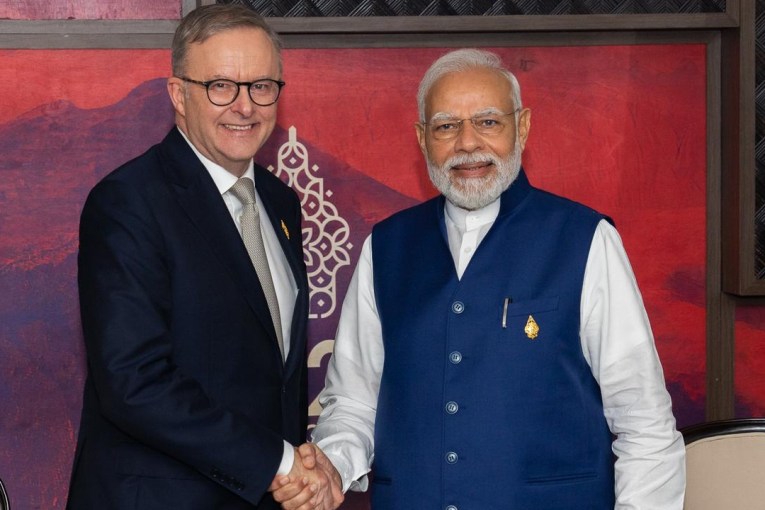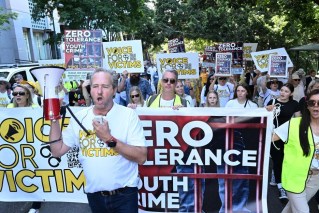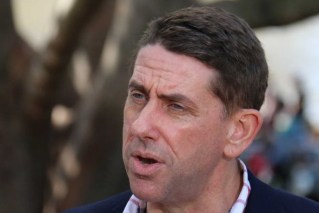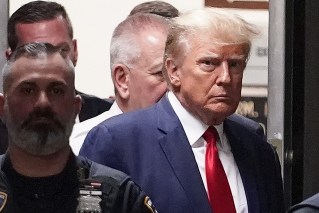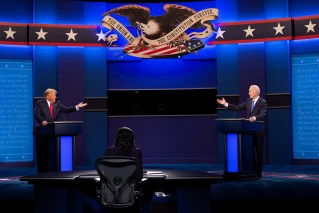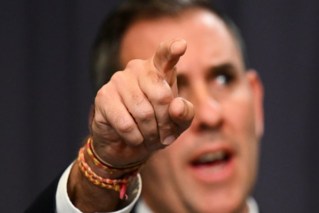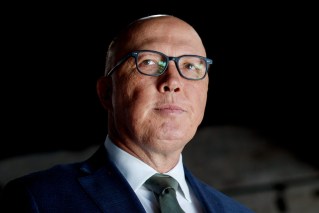Gold Coast budget lays platform for Olympics with ‘rocket charged’ infrastructure spend
Gold Coast residents will be slugged an extra $70 a year under a 2.5% rates rise, as the city “rocket-charges” infrastructure spending ahead of an expected investment frenzy if the region wins the rights to host the 2032 Olympic Games.

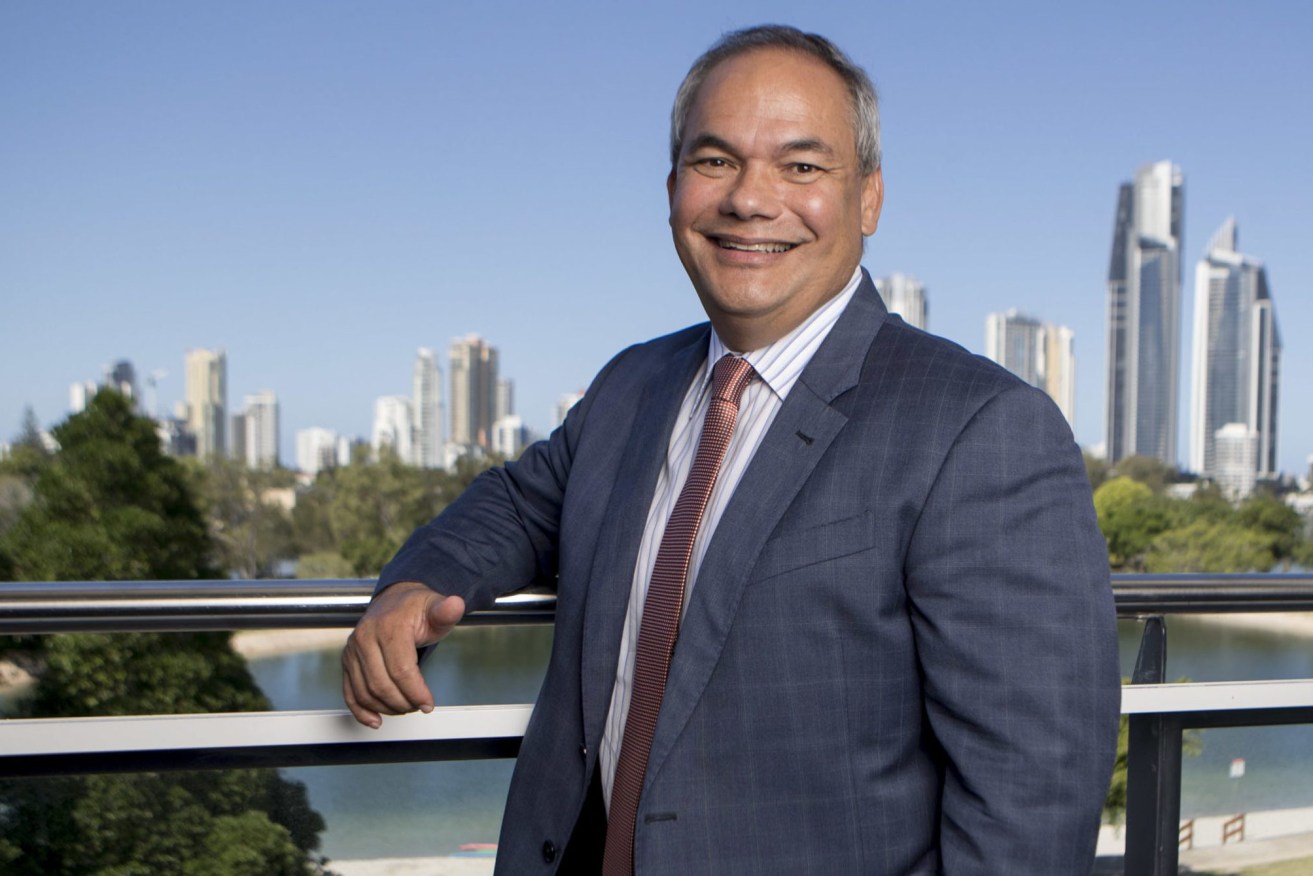
Gold Coast Mayor Tom Tate.
Despite the record transport spend, it’s also a waiting budget – with further spending tucked away ahead of the looming confirmation of the 2032 south-east Queensland Olympics and potential re-opening of international borders.
Gold Coast Mayor Tom Tate said even the appointment of a new city CEO, after the false-start appointment earlier this year in the $600,000-a-year job, would wait until the International Olympic Committee confirmed the Olympic host region on 21 July.
“I think that it’s best to advertise for the position of CEO post the announcement of the Olympics,” Tate said.
“If we win as host region, it is my view that it adds to the advertising campaign and it will attract even higher quality candidates.”
The city also has $10.75 million set aside for tourism and economic development opportunities to be allocated by Council, largely dependent on the Olympic announcement and international borders re-opening to tourists.
Under the $1.83 billion budget revealed Wednesday, more than $330 million will be spent on transport improvements across the Gold Coast – a record transport spend and almost 20 per cent of the entire budget.
Tate described the budget as a “back-to-basics” document, following last year’s COVID-impacted “compassionate budget”.
“It’s jobs and more jobs. I know it’s a cliché but broadening our economy is the go,” he said.
He said there was money set aside for tourism, but the city’s main marketing body, Destination Gold Coast, would not be getting any extra until it was clear whether international visitors would be able to return.
Major events, however, received a bump to $11.8 million in funding to ensure the Gold Coast was able to capture global events looking for a new home as a result of world-wide pandemic impacts.
There is also money set aside as “seed money” for major City Projects under Tate’s go-it-alone approach to win state and federal funding for projects.
“I just take the opportunity to go, we’ve got the Olympics, there’s a bit of money there and goodwill, let’s get some projects up,” he said.
“But I have no intention of building another Olympic venue.”
The 2.5 per cent increase in costs for ratepayers is below both CPI projections by the Reserve Bank and Brisbane’s 3.75 per cent increase in residential rates announced last week.
“That equates to $1.44 per week which is one litre of fuel at the bowser,” Tate said.
However, separate charges including a transport levy and a fund to buy up more than 3,500 hectares across 40 nature sites to better ensure wildlife corridor links, will take the overall rise for many ratepayers to 3.1 per cent.
The $11 million investment in wildlife corridors has been identified through the Natural Areas Acquisition program and will cost ratepayers an extra $2.50 each.
That cost is on top of the existing $1 charge per ratepayer for the annual koala habitat program introduced by the city in 2018. Seven high-priority nature sites will be bought within the first year.
Tate said it was further evidence that the Gold Coast continued to be the “greenest council in the land.”
